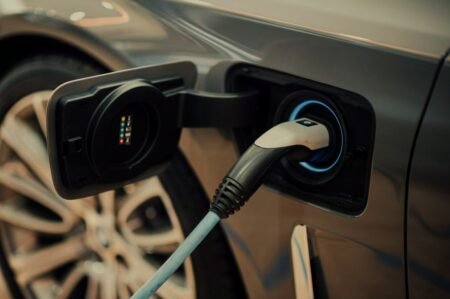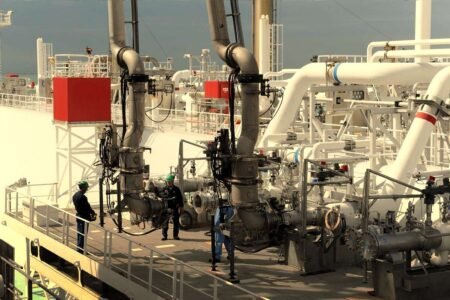On 15 November 2012, the European Commission presented a Communication assessing the state of play of the internal energy market, to be completed by 2014. The Communication encourages EU Member States to step up efforts, highlighting the benefits of a truly integrated European market for citizens and business. The document also identifies the need for further action in a number of areas including consumer protection, enforcing the existing rules and investing in the modernisation of energy infrastructure. The Commission says it will work with Member States to empower consumers and to phase out state interventions which distort markets.
Advertisement
While progress has already been made in terms of offering more choice for consumers, keeping wholesale energy prices in check and securing sufficient supplies at all times, more needs to be done to exploit the full potential of a truly integrated European market, says the Commission. To complete the EU internal energy market by 2014 it foresees several actions. These include:
– Implementing internal market law and enforcing competition rules. Even 20 months after the transposition deadline of March 2011, some Member States have not yet fully transposed the third energy market package. The Commission will continue pursuing infringement procedures to make sure relevant European rules are correctly implemented. Competition rules are to be enforced vigorously to ensure a level playing field for all market players.
– Empowering consumers. Studies show that only one out of three consumers is comparing service offers. It is estimated that EU consumers could save up to EUR 13 billion a year if they switch to the cheapest electricity tariff available. The Commission will ensure that consumer rights enshrined in the EU legislation will be visible in national law and properly respected by all market players. This includes the right to switch from one supplier to the other in three weeks without any financial costs. The Commission will also promote the roll-out of smart metering systems as this will allow consumers to manage their consumption in real time and better control their energy bills. Special focus will be given to the protection of vulnerable consumers. In addition, the EU Retail Energy Markets Transparency Report provides recommendations for clear presentation of prices, tariffs and offers.
In addition, currently only 9 Member States (Austria, Czech Republic, Germany, Finland, Luxembourg, Netherlands, Slovenia, Sweden, and UK) do not have regulated retail energy prices in place. Prices set by state intervention do not provide consumers with the best deal. They risk giving a false impression of protection that de-incentivises them from actively exploring better options, including energy efficiency services. Furthermore, regulated end-user prices impede investments. They keep companies from entering the market and from investing in new generation. Prices regulated below costs lead to debts which ultimately fall back to taxpayers.
– Ensuring flexible market design. Some Member States are planning to support electricity producers for keeping available their generation capacity to ensure there is sufficient capacity also when variable sources of electricity, such as wind and solar power, are not producing. This is called capacity mechanism. However, prematurely introduced and badly designed capacity mechanisms may result in the fragmentation of the internal market and hinder investments. Before introducing such mechanisms Member States should analyse whether there is a lack of investment in generation and why. Before Member States intervene in the market on a national basis, cross-border solutions should be considered. Usually, European solutions are more cost effective.
In addition, the Commission will propose guidelines on support schemes for renewables that will enhance the effectiveness of the internal market.
Background
In February 2011 the EU Heads of State declared the need to complete the internal energy market by 2014.
The 3rd energy market package (Directives 2009/72/EC and 2009/73/EC) is the cornerstone of the integration of the gas and electricity market. It entails the following measures: (i) the unbundling of networks (the separation of network activities for electricity and gas from generation, production and supply); (ii) consumer protection issues (particularly with regard to Member States’ obligation to protect vulnerable consumers, provide transparent billing and contractual information to consumers, establish a Single point of contact and an Alternative Dispute Resolution mechanism for the out-of-Court solution of disputes); and (iii) the independence and powers of the national regulatory authorities.
Communication Making the Internal Market Work
Source: European Commission







